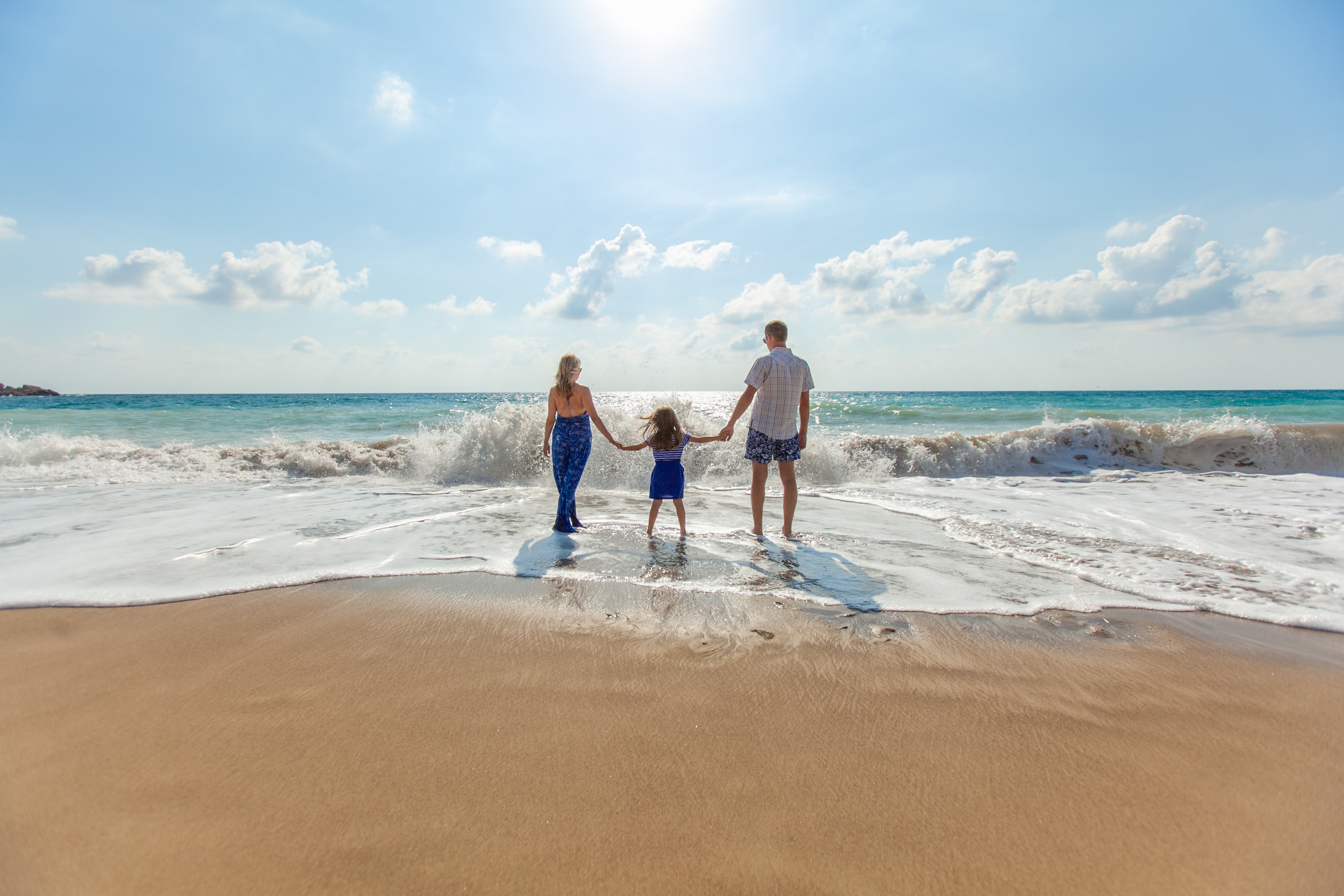I think everyone has heard of Elisabeth Kübler-Ross’ work related to the five stages of grief. That generally speaking we tend to move through stages of denial, anger, bargaining, depression, before finally acceptance. While she wrote in detail about these five stages, she identified as many as 10-13; meaning we all experience grief in different ways and for some it is a prolonged process while, for others, it might be shorter. It’s also not necessarily linear or U-shaped as often seen visually depicted; some people may even move back and forth between the different stages. (Elisabeth Kübler-Ross: The rise and fall of the five stages of grief).
Various writers have compared the experience of living through this pandemic as being in the process of moving through these same stages. We were perhaps initially in denial that travel, events and other various personal freedoms were being taken away from us, perhaps angry that we or our loved ones had contracted the virus, maybe we bargained for a while that ‘we would follow the rules completely if us and our families were spared’, perhaps we have experienced depression when other measures were imposed upon us like a second lockdown or the mandatory wearing of masks, and lastly, maybe some of us are starting to accept that this is our new reality. Perhaps a temporary one, but indeed something we need to come to terms with in order to move forward.
Since the passing of Kübler-Ross in 2004, David Kessler (co-author of her final book On Grief and Grieving) has added a sixth stage of ‘meaning’, labelling it the “key to grief”. I don’t often see this garner the same attention as the originally proposed five stages; yet in many ways this does unlock a sense of hope and optimism. A sense of a bigger and higher purpose to the collective grief we are currently processing.
So how have I come to apply this stage of meaning to the current situation? I think in various ways really. On a personal level, the last few years were typified by regular travel, time away from the family and a lack of overall self-care and prioritisation around what is really important to me. The lockdown experience of March-May has, without doubt, made me a better (and more present) wife and mother. Home schooling was tough, don’t get me wrong, but those days were peppered with arts and crafts, baking, colouring, collaboration, singing, dancing, online yoga classes, smiles and laughter. So much laughter. I may have fallen into bed exhausted every day but my heart definitely felt fuller for the experience.
Then there was the discovery of renewed prioritisation around the things I find most important. It dawned on me that I was no longer wearing half the clothes in my wardrobe, that I had no need for things like perfume or accessories. My diary was empty which felt liberating and my time was now mine to be more discerning around how I chose to spend it. There was a general simplicity to life. I obviously spent more time with the family but also more time exercising, reading and exploring nature (personal passions of mine). It also provided an introspective opportunity to get a little philosophical about life and my role in it. The transience of our time on this planet was more clear to me than ever before. But what was I looking to contribute before I move on? What did I want my legacy to be? While these questions may seem morbid to some, I find they fuel me towards a desire to become the best version of myself.
And then there’s the planet. It has benefited from significant reductions in our carbon footprint. Animals are reinhabiting areas they had moved out of, satellite images over major cities are evidence of reduced pollution and more of us are getting out to enjoy nature. I take two things from this. First, that the planet needed a break and maybe this was its way of telling us to slow down and achieve a more sustainable existence? And second that there are no sovereign problems anymore. We are all inextricably intertwined and the world only faces global problems now, requiring global solutions. The pandemic has exposed gaping fault lines in many areas of society including equitable health care, food security, race equity, climate change and gender imbalance. Yet the global community had not been facing a lot of these challenges head-on. Now, it has no choice.
I consider myself fortunate to date that, besides losing my source of income, I’ve been spared the effects of the virus as has my immediate and extended family (touch wood). Finding meaning in all of this may not yet seem appropriate for those having faced significant losses, of which I can’t imagine. For those who can and do give this approach a shot, I hope that in finding meaning there ultimately comes some peace.
To quote Kübler-Ross herself, her theory of stages was “never meant to help tuck messy emotions into neat packages. Grief is different for everyone, even if there are occasionally some similarities”. Everyone has to make their own way through it, in their own time. And there is no rush.


